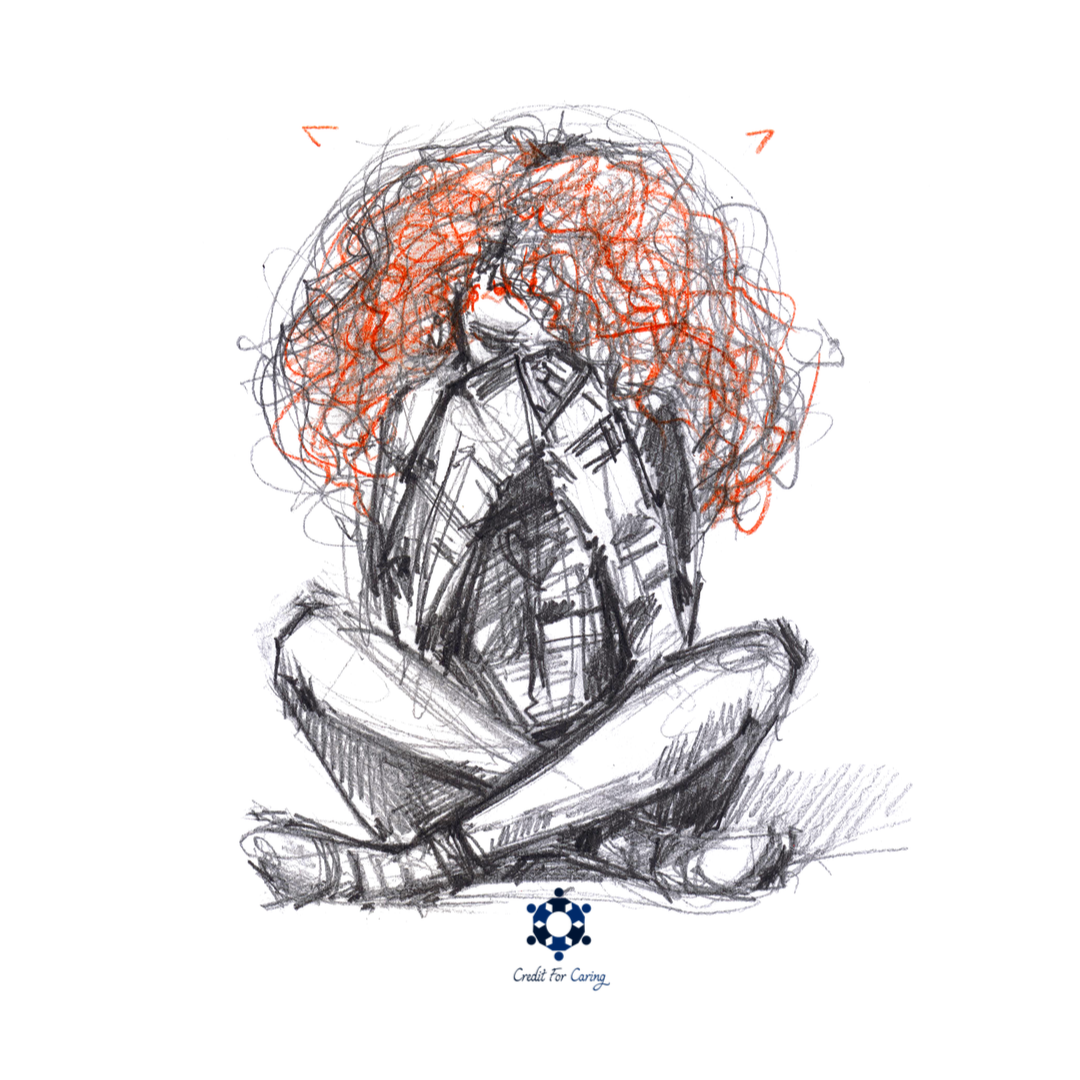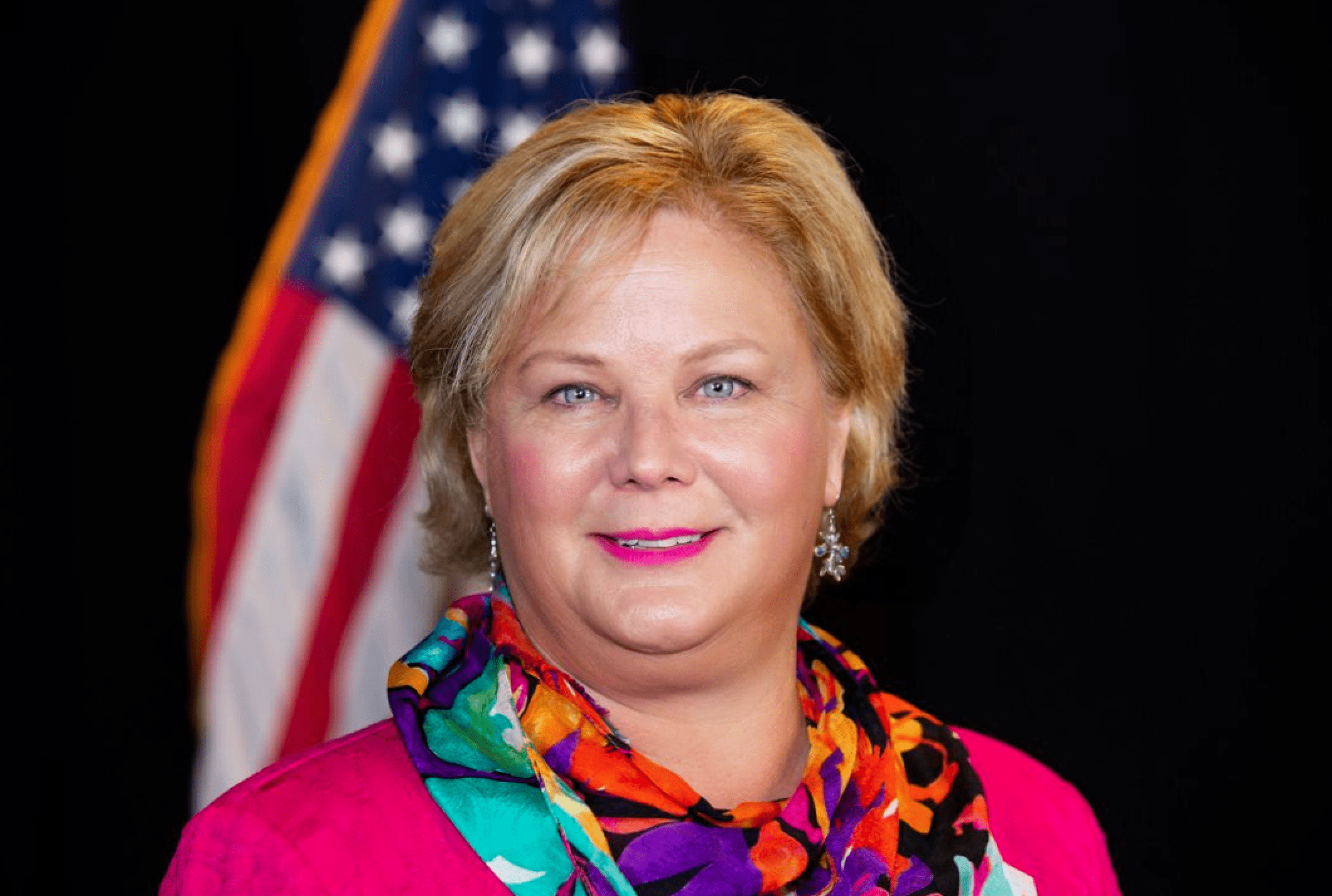
Recent Studies Underscore the Damage
It’s an open secret that the pandemic is tearing us up. The damage manifests in each of us in many different ways. Research on caregiver stress exposes frightening trends that we can no longer ignore. I recommend you review each of these studies.
Caregivers In Crisis
Dr. Jennifer Olson, Executive Director of the Rosalynn Carter Foundation’s reaction to their findings:
“This report reinforces our worst fears about the 53 million caregivers nationwide and the many more who are beginning their caregiving journey because of the pandemic,” said Dr. Jennifer Olsen, Executive Director of the Rosalynn Carter Institute for Caregiving. “This is our emergency room moment; and if we do not begin to seriously address the needs of caregivers and provide the necessary supports, this indispensable, largely invisible component of our health care system is in danger of collapse.”
Effects of Pandemic on Caregivers
The National Rehabilitation and Training Center on Family Support at the University of Pittsburgh’s study offers additional insights into the heavy burden on caregivers today:
While these findings mirror the broader caregiving risk literature, we also found that younger caregivers, those caring for younger recipients, and those providing care for emotional/behavioral problems were also at increased risk. These findings are novel and combined with the other effects reported here, suggest appropriate targets for interventions and policy discussions. While it might be assumed that COVID-19 would make caregiving even more difficult, this study provides empirical evidence that this in fact the case. Family caregivers should receive increased support and assistance during this serious public health crisis.
Embracing Carers
Last month EMD Serono’s family and unpaid caregiver research was released. This excerpt from the study press release highlights the urgency needed to support caregivers:
“Caregivers are a critical element of healthcare systems around the world, and as the results of our Carer Well-Being Index study have shown, they remain an underappreciated resource in times of COVID-19,” said Heather Connor, Head of Global Communications, Healthcare at Merck KGaA, Darmstadt, Germany. “Our company remains deeply committed to supporting caregivers. This survey further contributes to our ongoing efforts to make caregiver support visible and recognized as a global health priority.”
Time For Action
The devastation is in every community, now is time for all of us to take action.
-
Simplify applications reducing the bureaucratic hurdles that frustrate and impede caregivers from accessing benefits.
-
Use social media to list important announcements such as enrollment periods, application deadlines, new programs, and other insider information.
-
Join in caregiver support groups found on many social media platforms. Offer your professional advice to those struggling to find answers.
-
Network and collaborate with others who may have the answers you don’t.
-
Ask employees, co-workers, and essential workers you meet how they are doing. Enter their world with compassion and support.
There are many other organizations addressing the family and unpaid caregiver crisis today. The urgent need for government and employment support is urgent. Please share these studies and add your insights as well. We cannot function without the essential work our family and unpaid caregivers do every day. Thanks.



